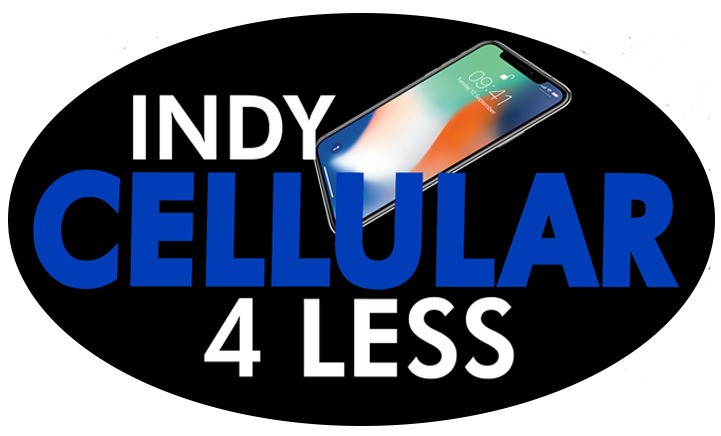Apple is reportedly scrapping plans to include a quantum dot image sensor in this year’s iPhone camera, which would have bumped up the device’s color purity and accuracy.
Apple is either adopting a USB-C port for the 2019 iPhones, or it’s planning to switch from USB-A to USB-C for the Lightning charging cables included in the box. A clue in the iOS 13 developer beta points to one of those two options. New case renders from accessory maker Olixar show a an iPhone 11 with a Lightning port, so we’re guessing Apple is switching from USB-A to USB-C for the Lightning cables included in the box.
A leaked document that’s purportedly a Verizon marketing calendar suggests a late September launch for the iPhone 11.
Don’t expect 5G in this year’s iPhones. One analyst says Apple will launch two 5G iPhones in 2020.
Apple announced the iPhone XS, XS Max and XR on Sept. 12, 2018, but the company staggered the actual release dates for the phones. The iPhone XS and XS Max were available for preorder Sept. 14 and they went on sale Sept. 21. The iPhone XR was up for preorder Oct. 19 and hit stores Oct. 26.
MORE: iPhone XS vs. iPhone XS Max vs. iPhone XR
If Apple follows a similar pattern for 2019, it would announce the 2019 iPhones on Sept. 10, which is a Tuesday. The handsets would likely go on preorder Sept. 13 and go on sale Sept. 20. But, it’s a long time between now and September.
Leaker Evan Blass tweeted out a Verizon marketing document that suggests a late September launch date for this year’s iPhones. There’s some question about what the word “launch” means in this context — is it when Apple announces the new phones or is it when they go on sale at carriers like Verizon? If the latter, that means a similar time frame to last year, but if it’s a late September date for the launch event, that could mean the iPhone 11 has a later debut than we’ve become accustomed to in recent years.
You can get a sense of some of the features coming to this year’s iPhones in July, when a public beta of iOS 13 arrives. (Developers can already download the beta.) That’s the new version of iOS that will come pre-installed on this year’s iPhone, and it introduces new features like Dark Mode as well as enhancements to existing apps like Photos and Maps.
iPhone 11 price
The iPhone XS Max is one of the most expensive phones ever, starting at $1,149, while the iPhone XS costs $999. The iPhone XR is a more reasonable $749. There’s no reason to expect that Apple won’t stick with the same pricing tiers for the iPhone 11, iPhone 11 Max and iPhone 11R.
However, Apple could go more mid-range with the iPhone 11R (perhaps closer to $600) to compete with the likes of Google’s Pixel 3a ($399) and Pixel 3a XL ($479), which deliver remarkably good cameras for a very aggressive price tag.
Cameras: An eye on three lenses
Apple’s current iPhones offer solid cameras, but they’re not the best camera phones out there. Flagships like the Pixel 3 and Huawei P30 Pro are better, especially in low light. One of the most popular iPhone rumors centers on whether Apple will opt for a triple camera array in its 2019 iPhones.
MORE: iPhone XS and XS Max Benchmarked: World’s Fastest Phones (Again)
We don’t know much about the chip right now, but if history is any indication, look for it to be even more powerful than the A12 Bionic chip you can get in the iPhone XS and iPhone XS Max. That enhanced power usually translates to better processing power and better graphics performance, but we expect another leap in machine learning via Apple’s neural engine, which could make AR apps that much more immersive.
A bigger change could be coming in 2020. That’s when Apple could shift to a 5-nanometer design for its mobile processors, according to a Digitimes report. The A12 Bionic is a 7-nanometer chip. The switch would likely mean a faster, more efficient processor.
Don’t expect 5G
While other smartphone makers are offering 5G phones this year, including Samsung, LG and OnePlus, it looks like Apple is sitting out the first wave. A report in Bloomberg says that Apple likely won’t deliver a 5G iPhone until 2020. This may not be a huge deal, as the major carriers will be rolling out their networks throughout 2019.
MORE: Apple’s Sitting Out the 5G Party — It’s the Right Move
One of the reasons Apple may have held out on adding 5G support to its phones is a years-long legal dispute with Qualcomm, which makes the 5G modems appearing in most 5G-ready phones debuting this year. Apple’s current supplier, Intel, was ramping up its 5G modem production, causing some concern that a 5G iPhone may not even be ready by 2020. However, Apple and Qualcomm just resolved their dispute, so it’s likely the 5G iPhone is back on track for next year. A separate report in The Information says that Apple is looking to develop its own modem, but that may not happen for a few years, especially after the settlement between Apple and Qualcomm.
Don’t despair about 5G, though — connectivity could improve on the next iPhone if Apple adds support for Wi-Fi 6 to this year’s models. That comes from a Barclays analyst note obtained by MacRumors, and it would mean faster connectivity for the new phones.
Design: A notch — with a twist
Most reports suggest that Apple won’t change its iPhone design much in 2019. And that would suggest that the company will keep the same notch design it introduced with the iPhone X in 2017 and doubled down on with the new iPhone lineup in 2018.


